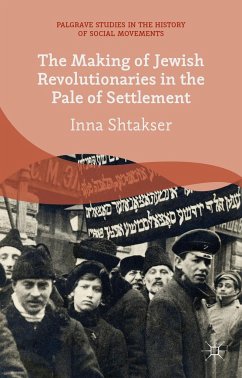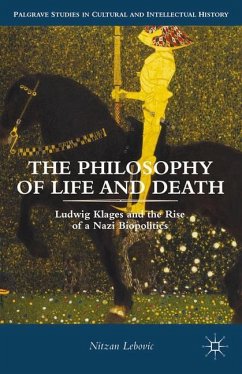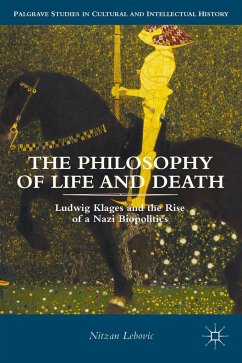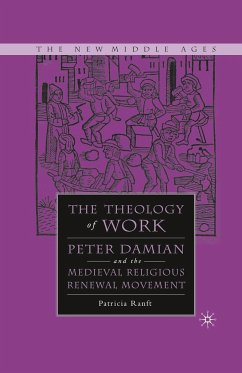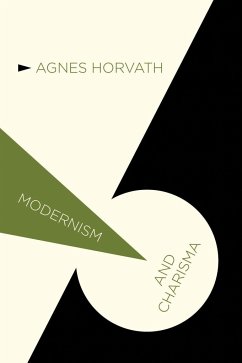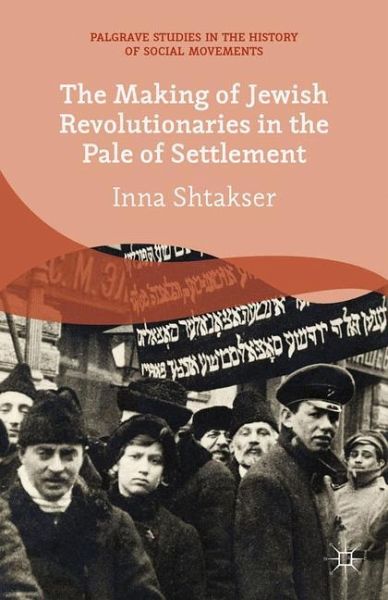
The Making of Jewish Revolutionaries in the Pale of Settlement
Community and Identity during the Russian Revolution and its Immediate Aftermath, 1905-07
Versandkostenfrei!
Versandfertig in 6-10 Tagen
42,99 €
inkl. MwSt.
Weitere Ausgaben:

PAYBACK Punkte
21 °P sammeln!
This book examines the emotional aspects of revolutionary experience during a critical turning point in both Russian and Jewish history - the 1905 revolution. Shtakser argues that radicalization involved an emotional transformation, which enabled many young revolutionaries to develop an activist attitude towards reality.



